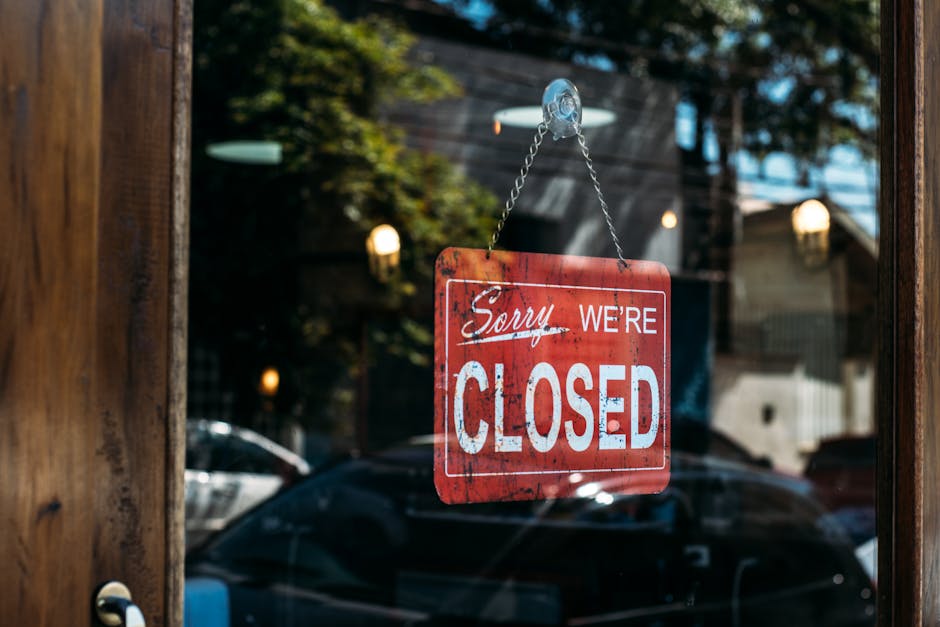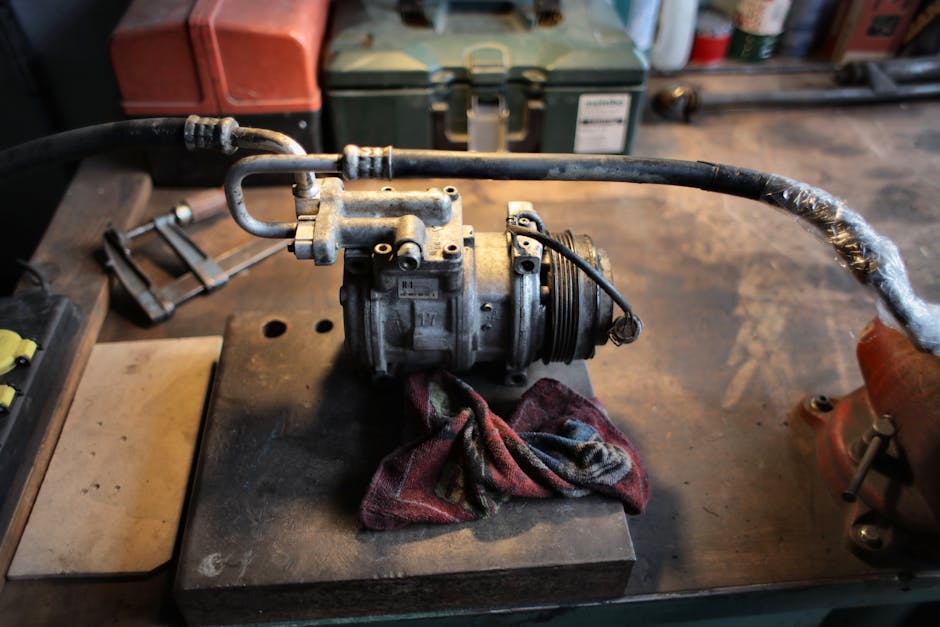Understanding how car accident settlements work is crucial for anyone who finds themselves in the unfortunate situation of a vehicular accident.
You might be wondering how much compensation is fair, or how long the process will take. This is perfectly normal, as dealing with insurance companies can be quite complicated.
In this blog post, we’ll break down everything there is to know about car accident settlements. From negotiating with insurance agencies to meeting with attorneys, we’ll guide you through the whole process.
Getting a fair settlement shouldn’t be a daunting task, and we’re here to make sure of that. So, let us delve into the details and demystify car accident settlements together.
Understanding Car Accident Liability
One crucial aspect when it comes to car accident settlements is understanding the concept of liability.
In legal terms, liability refers to who is responsible or ‘at fault’ for the accident. The liable party is typically the one who has acted negligently, resulting to the mishap.
This negligence could range from reckless driving, failure to follow traffic rules, or even driving under the influence.
Identifying who’s liable can be relatively straightforward in some cases, but it can also get complicated depending largely on the specific circumstances surrounding the accident.
Law enforcements and insurance companies usually play a critical role in determining liability.
Knowing the basics of how liability works can help you navigate the often complex process of car accident settlements.
Remember, professional help like a lawyer or insurance consultant, can provide you with valuable guidance.
Components of a Car Accident Claim

Understanding the key components of a car accident claim can aid you in navigating the process more smoothly.
The first component is the actual damages, which can be divided into two groups. Economic Damages cover tangible losses like medical bills, car repairs, and loss of income due to inability to work. Non-Economic Damages refer to intangible losses such as pain, suffering, and emotional distress caused by the accident.
Another component is liability determination. This involves assessing who was at fault for the accident. The percentage of fault affects the final settlement.
Lastly, there’s the negotiation process. It may involve negotiation between parties or with insurance companies to agree upon a settlement that fairly compensates for the damages sustained.
Knowing these components can make the process less daunting and help you navigate the overwhelming moments following a car accident.
Role of Insurance Companies in Settlements

Insurance companies play a substantial role in the car accident settlement process.
Following an accident, an insurance claim must be filed with your provider. The insurer then conducts an investigation into the circumstances of the accident.
They review the police reports, photos from the accident site, witness testimony, and any relevant medical records, among other things. This is to ascertain who was at fault and thus responsible for the damages.
The insurance company then determines the value of the claim, which hinges on the gravity of property damage, medical costs, and any lasting impact on your well-being and livelihood.
Negotiations between the involved parties or their attorneys and insurance adjusters subsequently determine the final settlement offer. Remember, the primary aim of insurance companies is to minimize payouts. Keep this in mind when negotiating your settlement.
Importance of Evidence in Settlement Cases

Understanding the importance of evidence in settlement cases is crucial.
Evidence plays a foundational role in negotiating a fair settlement because it helps to establish the facts of the incident. This can include photos of the accident scene, witness testimonies, and medical reports.
These objective pieces of evidence can help corroborate your version of events, equipping your attorney with the necessary proof to fight for a reasonable settlement on your behalf.
Without strong, credible evidence, it might become challenging to establish fault and determine the true extent of your damages, weakening your bargaining position in the settlement negotiation process.
In essence, the more evidence you have supporting your claim, the better your chances will be of securing a fair and just resolution. Gathering this evidence promptly and meticulously after an accident is a critical step not to be overlooked.
Process of Calculating a Settlement

Understanding the process of calculating a car accident settlement begins with determining the extent of damages. These damages can be physical, financial, or emotional.
The first step is calculating the economic damages. These can be easily quantified and include medical expenses, repair costs, and lost wages.
Next is the calculation of non-economic damages. These are subjective and harder to quantify. They include pain and suffering, emotional distress, and loss of quality of life.
An attorney often uses a multiplier to calculate these damages. The severity of the injury, impact on lifestyle, and prognosis factor into this multiplier.
The final step is negotiation. Both parties try to reach a fair settlement, sometimes requiring multiple offers and counteroffers.
Remember, calculating a settlement is a complex process and differs on a case-to-case basis.
Understanding ‘Pain and Suffering’ Compensation

Understanding the term ‘pain and suffering’ and its impact on a car accident settlement is crucial.
This refers to the emotional and physical stress caused by an injury, which includes actual body harm (pain) and psychological effects, such as depression, fear, or insomnia (suffering).
In lawsuits, it’s the amount compensated for the discomfort endured due to another person’s negligence. Determining this compensation involves evaluating medical bills, loss of income and the severity of your injuries.
A rule of thumb for this calculation is multiplying your actual damages by a certain number (usually between 1.5 to 5 depending on the severity).
It’s important to collect as much evidence as possible demonstrating the impact the accident had on your daily life. Expert attorney help can be invaluable when navigating these issues.
Common Practices During Negotiations

During the negotiation phase of a car accident settlement, both parties will present their case with supporting evidence. This can include medical bills, repair costs, lost wages, and any future treatments.
Insurance companies often try to minimize their payout. They may contest claims or downplay injuries. It is common for initial offers to be low.
Professional legal aid can negotiate effectively on your behalf. They are versed in tactics and understand the workings of insurance companies.
Remember, negotiations can extend for a long period and require patience. Both parties often reach a midpoint from their initial demands and offers.
Always consult with your attorney before accepting a settlement. You should fully understand all terms and consequences.
Deciding Whether to Accept a Settlement Offer

Deciding whether to accept a settlement offer can feel like a high-stakes gamble.
If the insurer’s offer seems fair and would provide a swift conclusion to the process, it may be tempting to accept. However, it’s crucial to consult with your attorney before signing on the dotted line.
Remember, once you accept an offer, there’s no turning back. You can’t pursue additional compensation, even if your injuries necessitate further medical treatment.
Be wary of quick settlement offers. Insurers often attempt to settle before the full extent of your injuries has been realized.
Hold out for the right offer, even if it means navigating a lengthy negotiation process. Ultimately, it’s about finding a balance between your immediate needs and potential future expenses.
Before accepting or declining, always seek legal advice. It’s about protecting your rights and ensuring your future wellbeing.

